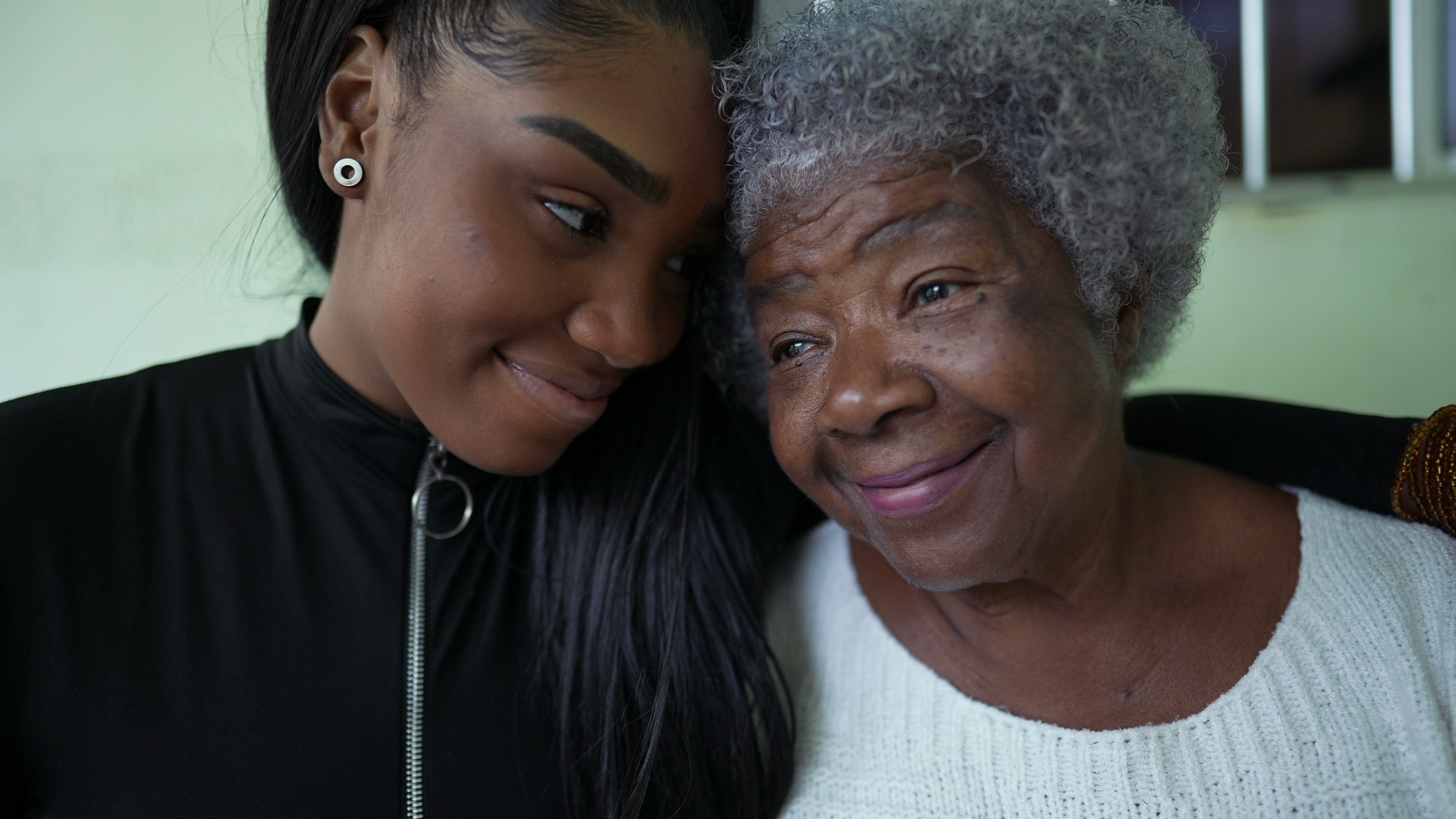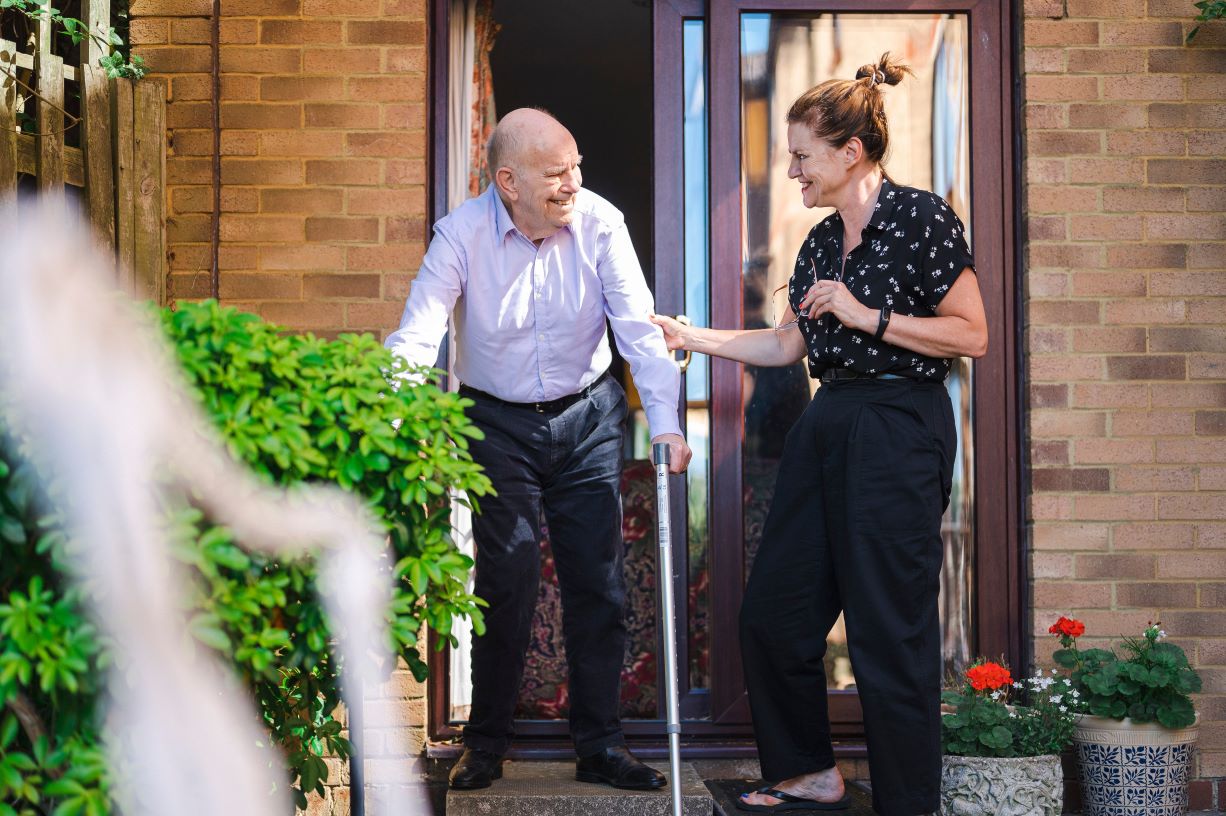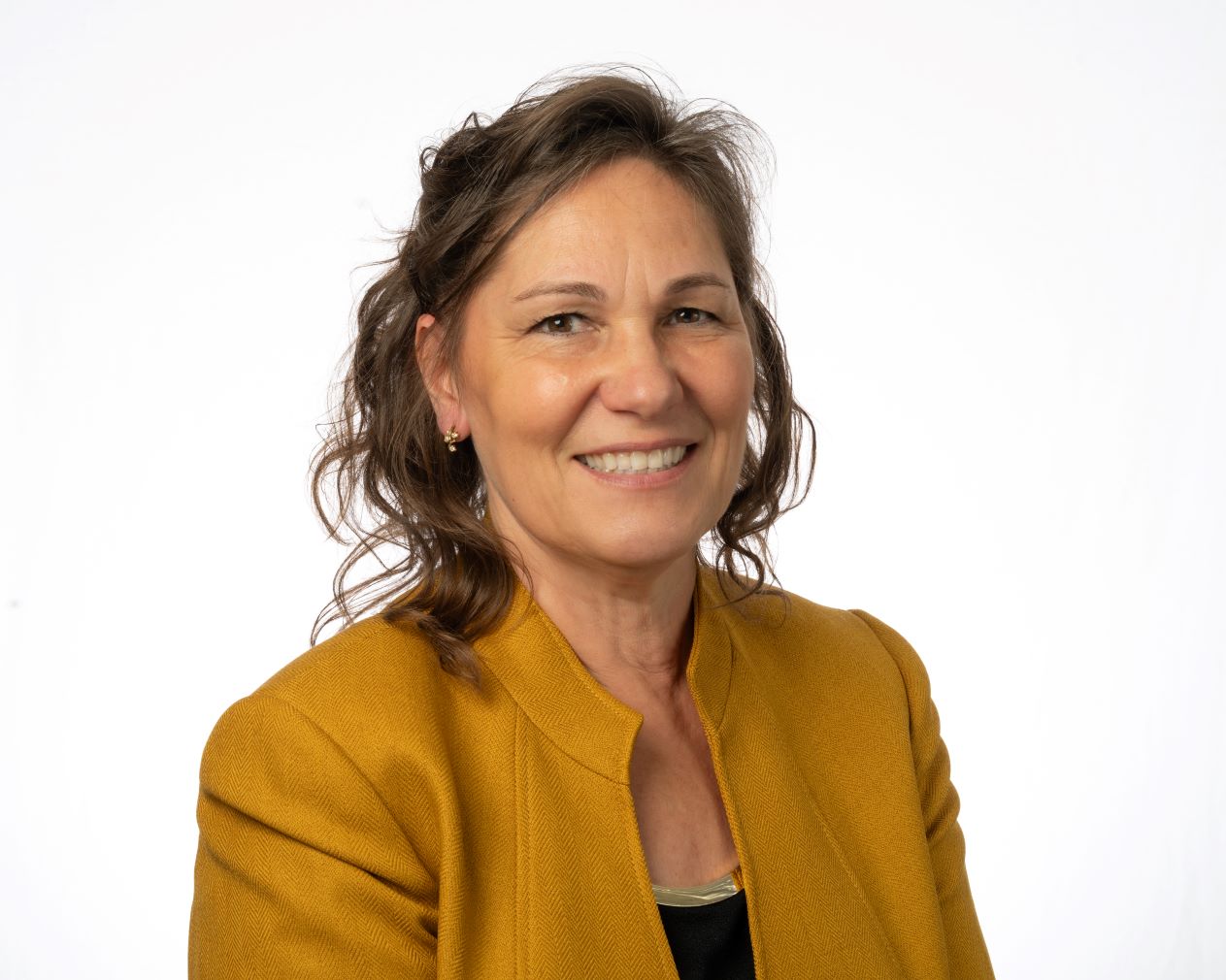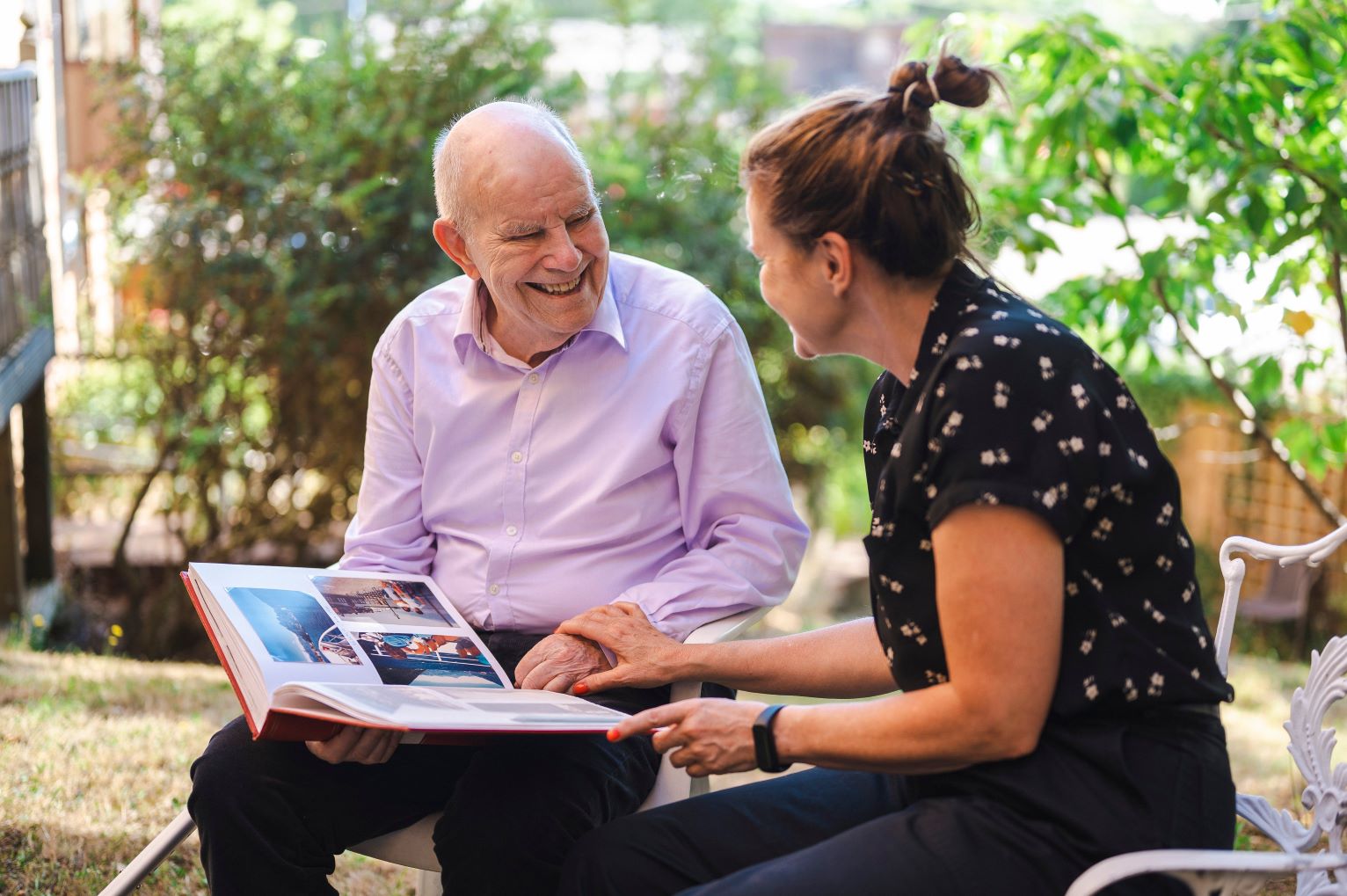Asynchronous learning means that learning takes place at all different times for students enrolled in a course.

Compassionate Care to Support Individuals and Families Experiencing Death, Dying, and Grief.
Aging and Applied Thanatology is a 12-credit, flexible online post-baccalaureate certificate program that can be completed in as little as nine months. You will gain advanced knowledge and practical skills that are relevant to your professional or personal interests, helping you develop greater confidence and competence in addressing the sensitive and complex issues of aging, death, dying, and grief. Continuing Education credits apply for select professions.
.png)
Details, Dates & Deadlines
Program Details
Class Format
Program Location
100% online
Program Length
2 Semesters minimum;
Up to 3 years to complete
Credits to Complete
Cost/Credit Hour
In-state: $769/credit
Out-of-state: $994/credit
- Online application
- $75 application fee
- Official transcripts
- 300–500-word essay
- Proof of English language proficiency
- CV or resume
Dates & Deadlines
Fall Deadline: July 1
Spring Deadline: December 1
Information Sessions
Monday, Feb. 23, 2026 @ 12 p.m. EST
Tuesday, Mar. 17, 2026 @ 3 p.m. EST
Monday, Apr. 13, 2026 @ 5 p.m. EST
Program Overview
Aging and Applied Thanatology is a 12-credit interdisciplinary post-baccalaureate certificate program delivered in an asynchronous, 100% online environment. Students complete four, 3-credit courses. Each course is eight weeks in length, with two courses offered in the fall semester and two courses offered in the spring semester. The program is designed to be completed in two semesters, but students have up to three years to complete the requirements.
As a student in this program, you’ll learn alongside practicing professionals, including nurses, social workers, clergy, psychologists, emergency responders, and long-term care administrators, as well as individuals with career goals or personal interest in these fields. Our students share the common goal of advancing their knowledge and skills to support older adults and their families experiencing the impact of aging, death, and grief.
- All four courses will be offered at least once each year to enable you to complete the program within one year.
- Participants can begin the program at the start of either the Spring or Fall semester.
- Although most students complete the program within one year, you will be allowed up to three years to complete the program.
The program explores the biological, psychological, social, and cultural aspects of aging, preparing students to understand the challenges and opportunities of later life. It also applies principles of thanatology to support older adults and their families through end-of-life issues, grief, and bereavement, equipping professionals to provide compassionate, informed, and ethical care.
Our goal is to provide you with advanced knowledge and practical training so that what you learn is both relevant and applicable to your professional context. We have designed the program so that you will experience greater comfort and competence addressing the sensitive and complex issues of aging, death, dying, and grieving.
Upon completion, you will be able to do the following:
- Recognize common responses to aging, death, dying, and grief as experienced by adults and children.
- Demonstrate sensitivity to individual, developmental, and cultural variations in addressing and coping with aging, dying, death, and grief.
- Communicate effectively with those who are dying and grieving, as well as recognize barriers that can impede effective communication with these populations.
- Use patient-sensitive methods of palliative care based upon an interdisciplinary perspective.
- Describe and apply empirically-based methods of therapeutic grief intervention.
- Analyze and evaluate legal and ethical principles and dilemmas regarding death, dying, and end-of-life choices.
- Work effectively as an interprofessional team member around issues related to aging, dying, and grief by developing and applying the competencies of interprofessional practices.
- Evaluate the societal, cultural, and religious/ spiritual influences on responses to death and dying.
- Develop greater self-awareness of and coping skills for one’s own experiences of and attitudes toward aging, death, and grief.
- Apply this training for certification through the Association for Death Education and Counseling® (ADEC).
In the midst of a demographic shift that will soon see older adults (age 65+) representing more than 20% of the American population, the number of professionals qualified to care for older patients, their caregivers, and families is decreasing.
Our graduate certificate in Aging & Applied Thanatology will provide you with the knowledge and skillset to support the bereaved on their grief journeys and to improve the dying process for individuals managing chronic illness in rapidly growing fields experiencing urgent demands for specialized care including:
- Nursing home care
- Hospice and hospital care
- Psychology
- Emergency services
- Social work
- Spiritual guidance
- Patient care
- Bereavement Counseling
Required:
- THAN 604: Death and Dying: Ethical and Legal Considerations (3 Credits)
- THAN 605: Palliative Care (3 Credits)
- THAN 606: Caring for the Bereaved (3 Credits)
- THAN 609: Psychosocial Perspectives in Aging
Continuing Education Credits
By completing the Aging and Applied Thanatology graduate certificate, you will deepen your expertise in aging and end-of-life care and earn continuing education credits for professional counselors, psychologists, social workers, and nurses. Completing the program also supports eligibility for capstone designations for Certified in Thanatology (CT®) and Fellow in Thanatology (FT®) through the Association for Death Education and Counseling®. This program helps you grow professionally while supporting the communities that rely on your care and compassion.

Admission Requirements
Upload your transcripts as a supplemental item to the online application.
You must submit transcripts from each college/university attended, including coursework in progress at time of application. Unofficial copies may be provided for the application review process.
If you are offered admission, you must then provide official transcripts from each college/university from which a degree was earned. The transcript must be provided to the Graduate School directly from the prior, degree-granting institution in a sealed envelope in order for that document to be considered official. Alternatively, it may be provided to the Graduate School electronically by way of a secure, encrypted platform. Each transcript should bear the signature of the registrar and the seal of the granting institution.
Transcripts (US only) may be obtained from/provided by one of the following secure, encrypted transcript services:
https://www.parchment.com/
https://www.studentclearinghouse.org/solutions/ed-transcripts/
Send encrypted, electronic transcripts from your issuing institution to: gradapply@umaryland.edu
If provided by mail, send official transcripts in sealed envelopes to:
ATTN: Admissions
University of Maryland School of Graduate Studies
620 West Lexington Street
Baltimore, Maryland 21201-1508
Essay
Your essay must be uploaded as a supplemental item to the online application. The statement should be between 300- to 500-words and should address your academic and/or professional career goals and objectives in pursuing graduate study.
CV or Resume
A Curriculum Vitae (CV) or resume is required by most graduate programs. Your CV or resume must be uploaded as part of the online application.
English Language Proficiency (International Applicants Only)
The Graduate School accepts the TOEFL (Test of English as a Foreign Language), the IELTS (International English Language Testing System) or the Duolingo English Test as a measure of English proficiency. Minimum required scores are 80 on the Internet-based TOEFL, 7.0 on the IELTS, and 115 on the DET. Scores must be sent directly from ETS (for TOEFL, use institution code #5848), the IELTS agency, or Duolingo to the Graduate School.
Application for in-state status classification
Maryland residents only. If you wish to be considered for in-state residency status for admission and tuition purposes, you must complete an Application for In-State Classification and submit it to the campus classification officer within the Office of the Registrar.
If you have problems with or questions about the application process, please contact us at 410.706.7131 or gradapply@umaryland.edu
Contact Us
Admissions
Arielle Faulkner
Admissions Counselor
afaulkner@umaryland.edu
410-706-7132
Academics
Diane Martin, PhD
Program Director
diane.martin@umaryland.edu
410-706-4327

Meet Your Faculty
Faculty from across disciplines such as psychology, gerontology, pharmacy, and nursing come together to advance your expertise in the care of those coping with death, dying, and mourning.
You May Also Be Interested In
Next Steps
Your path to success starts here


